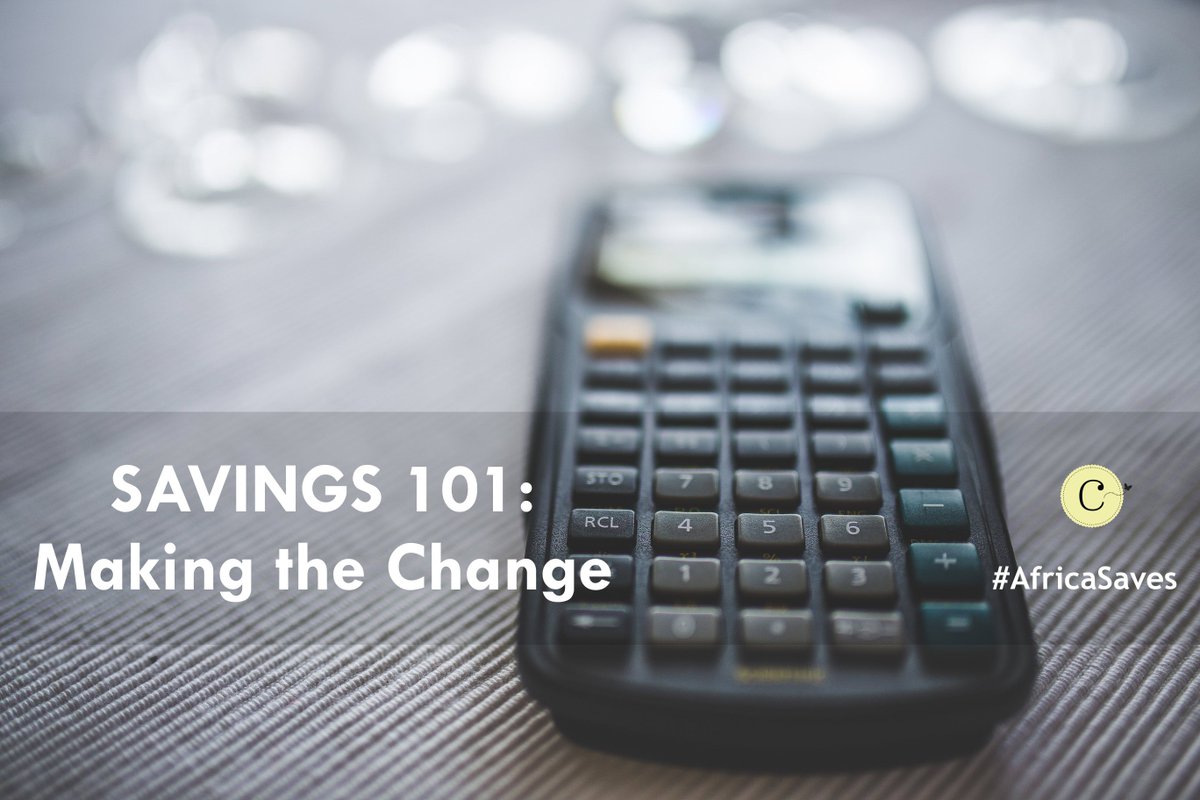Why Combining Money In Marriage Is Not The Right Choice For Every Couple

Last week, the dilemma above crossed my Twitter timeline. The gentleman is disillusioned about his wife of 3 years, after finding out that she took all their savings (mostly his) and used them to pay off her student debt without informing him. From the post, he had been saving for some time to buy a house. I want to assume that he had told her as much, hence he gave her access to the savings account and invited her to save with him.
It is common knowledge that money is one of the most common reason for divorce and the one thing couples fight the most about. Because it defines so much about our lives, and also because we come with different hang-ups and fears about money, which make it a sore area for couples. There are different models that a couple can adopt to manage their money, as I wrote before. However, to avoid conflicts like the one above involves deeper thinking and more time than just picking a model before or right after your marriage begins.
Sometimes, keeping money separate is what makes the marriage last
In our society, there is a feeling that the more you love each other, the more intertwined your lives should be, no matter how compatible some of those aspects might be. I blame the romance industry and religion for this (“two become one and all that”). My ideas on money and marriage are quite different – reduce conflict points by combining what works, and not combining what does not.
Your views about money could be extremely different, and this is not necessarily grounds for not marrying. It just means that you will lay out the ground rules on how to cover the aspects you have in common (bills for example) and keep the rest totally separate. Then you keep reviewing as you go, because the same way circumstances change in life, our ideas also change. Your views and your partner’s could become more aligned as you live together.
So do not feel pressured by statements like, “how can you trust someone with your heart, if you do not trust them with your money?”. Nope. We love our family members to death, yet we do not need to combine finances with them to prove our love. Avoid this sort of emotional blackmail. Avoiding money fights by keeping money separate can actually be an act of love.
Do not combine finances unless you know each other’s spending habits
When it comes to money, what we say and what we do are two very different things. We know we want to be great at budgeting, saving and investing, but the actual often looks very different. During dating, people mostly talk about things they aspire to – we up-sell ourselves. We present the best versions of ourselves.
For this reason, the finances of the person you are dating, could be very different from the finances of the same person, once you are married to them, and now have to live with their impulse buying, saving lethargy, a giving heart etc.
Also, we know that how we handle money is about habits and habit changes take time. While working on a family budget together is a lovely thing to do, the process could rob one or both partners of the joy of life, if this is not how they handled money before they got married. The change is too sudden and could lead to pent up resentment, when one partner feels that their life has been constrained for no good reason.
This is why I recommend that couples handle finances separately for sometime for a number of reasons:
- To get to truly know each other’s money orientation. This will help lay down a strategy of how to handle money together. e.g if one person has an inclination to overspend, what controls does the couple need to put in place to protect against this, without constraining the person?
- It gives time to learn good money habits from each other, which makes for a more harmonious change when you start doing money together.
- When you are newly weds, you are adjusting to many things, and often conflicts about other things could bleed into your money issues. I think giving the relationship time to develop and deepen is important. With the kind of life expectancy we have these days, you have plenty of time to do everything together later.
Talk openly about debt and investments that you may have going into the marriage
I have an inkling that the couple whose dilemma inspired this post had not discussed the wife’s debt going into the marriage. When it comes to debts and investments you had before getting marriage, it is important to agree on the following:
- Are you pooling investments into the marriage pool? If so, what will be the structure of that? Will you incorporate a company or set up a trust which holds all your investments? What happens if one person has significantly more wealth going in? Who are the beneficiaries of the trust?
- Does the marriage inherit the debts you had when single? This is especially complicated if the debt was used for the investments.
The perfect scenario is where you combine everything and incorporate the debt repayments in the family budget. The ideal works if your money personalities are perfectly compatible but a lot of times, it is grounds for resentment and fights. With the other aspects, you can choose to pay the debts separately for some time, as you grow the marriage.
Finally, it is fine to see a therapist or a money counsellor if you are having money issues in the marriage, or are unable to make a decision on how to handle your money. When I asked a friend about the dilemma above, his response was that he would see a marriage counselor before considering divorce. It is possible to resolve issues and move on.
In conclusion, combining money is not the ultimate sign of love or an indication of how solid your marriage is – being able to negotiate and arrive at methods that are most harmonious for you as a couple is what matters. Do not feel pressured to conform to societal standards on this.
Speaking of good money habits, we are headed to the 4th month of the #52WeekChallenge with M-Shwari, where we are setting aside small amounts of money to nurture the saving habit. Join the challenge by printing the worksheet and start to save little amounts from your daily spending. Read how to use M-Shwari to save and lock your money away on this post. Do not forget to connect with everyone else on the challenge on our Telegram Group on Twitter where we chat about this constantly using the hashtag#52WeekChallenge .




2 Comments